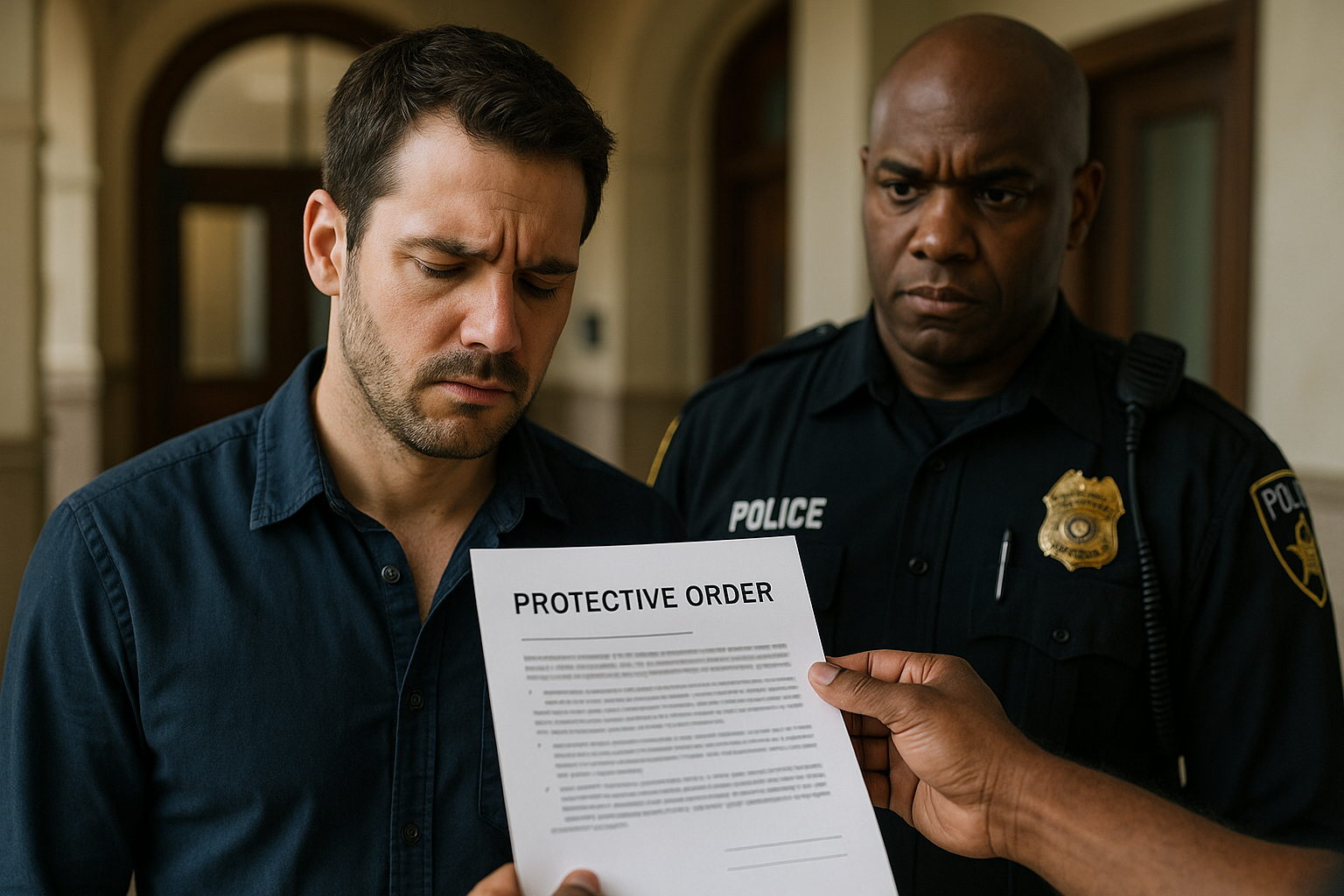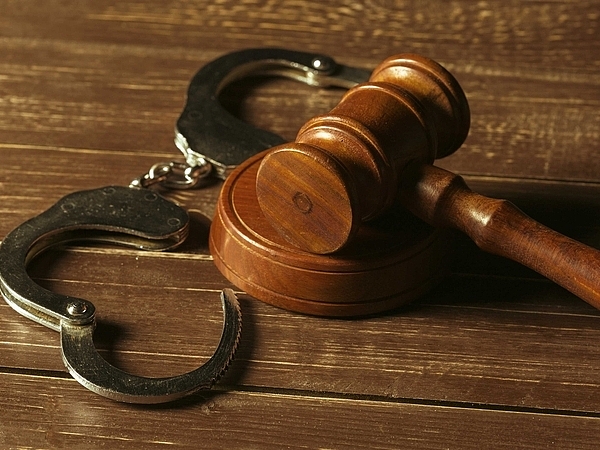Fundamental Rights of the Accused, Explained
In our justice system, ensuring the rights of the accused are upheld is fundamental to maintaining the integrity and fairness of criminal proceedings. These rights are deeply embedded in the fabric of our legal system, reflecting the values of justice, fairness, and democracy that define our nation.
Your Right to Due Process
A cornerstone of American jurisprudence, the right to due process is enshrined in the Fifth and Fourteenth Amendments of the U.S. Constitution. Due process means that the state must respect all legal rights owed to a person, encompassing both substantive and procedural legal standards. This protection ensures that individuals cannot be deprived of life, liberty, or property without appropriate legal procedures and safeguards. Due process encompasses everything from the right to be heard in a fair and public forum to the assurance that the laws applied in criminal proceedings are crafted and implemented fairly.
Right to Legal Representation
Highlighted in the Sixth Amendment, the right to counsel is crucial for ensuring fairness in criminal proceedings. Whether in the bustling courts of San Antonio or anywhere else across the nation, this right guarantees that anyone accused of a crime has the opportunity to be defended by a lawyer. If an individual cannot afford legal representation, the state is obligated to provide an attorney. This protection is vital for ensuring that everyone, regardless of economic status, has access to justice.
Protection Against Unreasonable Searches and Seizures
The Fourth Amendment offers protection against arbitrary intrusions by the government into the personal lives of its citizens. This amendment requires that any search or seizure of property by law enforcement be carried out under the authority of a warrant issued based on probable cause. This safeguard is a testament to the principle that privacy rights are not to be taken lightly and that individuals are protected against unjustified government intrusion.
The Right to a Speedy and Public Trial
Under the Sixth Amendment, the accused are entitled to a speedy trial by an impartial jury. This right prevents individuals from being held for long periods before being given the opportunity to prove their innocence in court. A public trial ensures transparency and fosters trust in the judicial process by allowing the community to witness the administration of justice.
Rights Against Self-Incrimination and to Confront Witnesses
The Fifth Amendment protects individuals from being compelled to testify against themselves, a fundamental safeguard against self-incrimination. Additionally, the Sixth Amendment guarantees the right to confront witnesses. This means that the accused have the right to see and cross-examine all the evidence and witnesses brought against them, an essential component of a fair trial.
Protection Against Cruel and Unusual Punishment
The Eighth Amendment affirms the right to be free from cruel and unusual punishment. This provision ensures that punishments for crimes are not only proportionate but also respectful of the inherent dignity of human beings. It serves as a critical check against the misuse of power in the penal system.
At the Law Offices of Gary Churak, we are dedicated to upholding these rights for our clients, ensuring they receive the robust defense they are entitled to by law. Call 210-545-3850 or fill out our online form to schedule a consultation.
‹ Back














